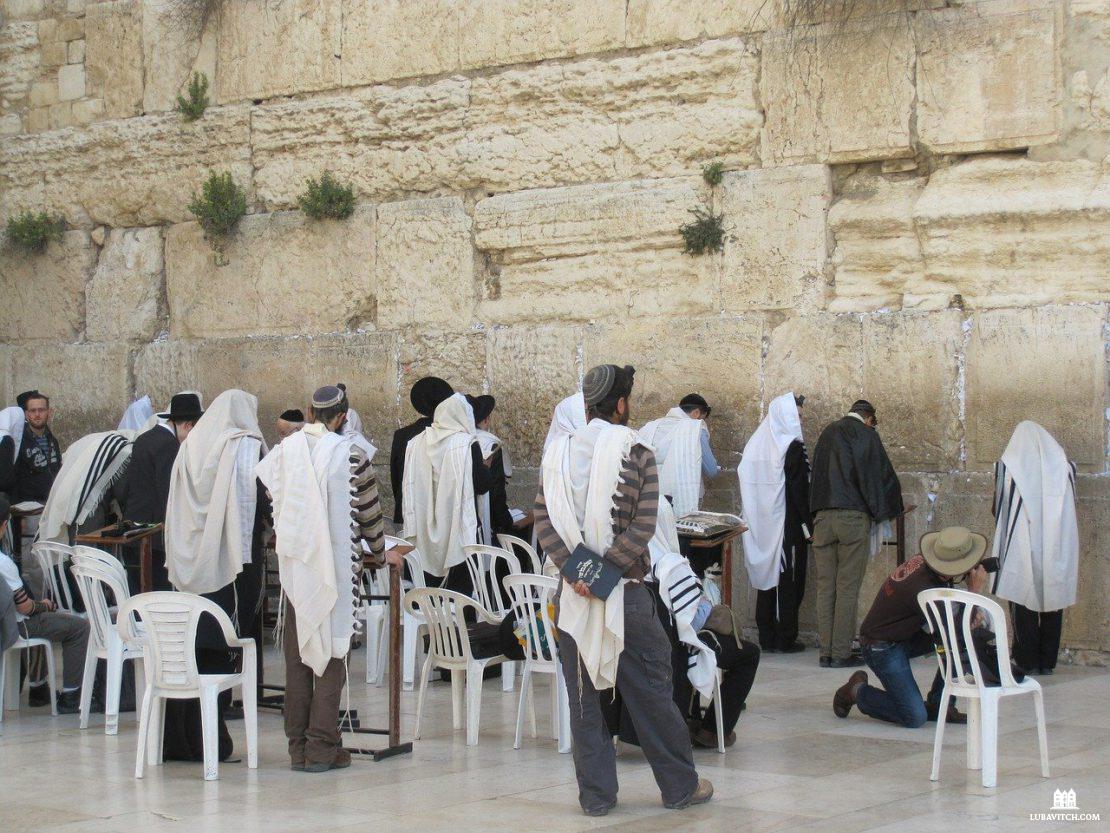“One who mourns over Jerusalem merits to revel in its joy.”
This evening, Jews around the world will remove their shoes, begin a 25-hour fast, and sit low on the floor in the manner of mourners. We will read Eicha, the Book of Lamentations, funeral dirges over Jerusalem, “the city that sat alone” in the wake of its destruction. So will begin another year of marking Tisha b’Av, transmitting the collective memory of our people through ritual.
Marking Tisha b’Av in the diaspora, geographically distant from Jerusalem, lacks the immediacy of the experience in Jerusalem. But the current-day hostility towards the Jewish people and to our relationship to Jerusalem today remind us that some things haven’t changed. Still, if nothing else, the events of Tisha b’Av, tragic as they are, are testament to our survival despite the odds.
Judaism is essentially an optimistic, joyful tradition, and we are a people who look for the silver lining in every dark experience. On Tisha b’Av itself, during the mincha service, we recite Nachem, a prayer of consolation that will emerge from the destruction. The idea of remembering, and the traditions that facilitate remembering are everywhere embedded in Jewish life, enabling us to bridge the wide gap between past and present, not for the sake of keeping us tethered to the past, but as a springboard to a Jewish future.
Judaism believes that history moves in a linear direction, that every action taken, certainly every positive action, carries us further along towards our destiny, born in the past, but realized in every present moment of our consciousness as Jews. In marking Tisha b’Av as we do, we confirm that we are a people with a future; that while we live in the here and now with an eye toward the future, we are not so arrogant or foolish to believe that our story begins with us.
From the Lubavitcher Rebbe, the most forward-thinking Jewish leader of our time, we learned that it is our remembering as expressed not only intellectually but in the traditional practices that we enact today, the rituals of mourning on Tisha b’Av, and the rereading of the prophecies of consolation that follow, that inspire our progress and motivate us to shape, anticipate and realize an optimistic Jewish future.

Be the first to write a comment.